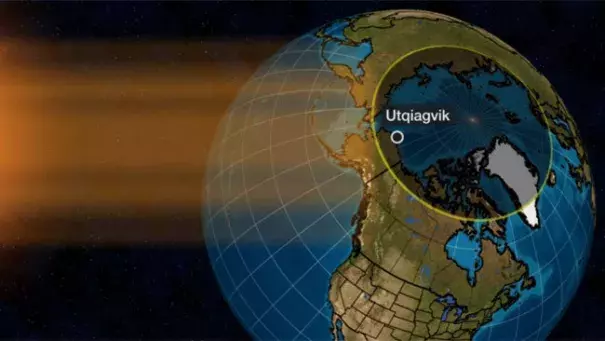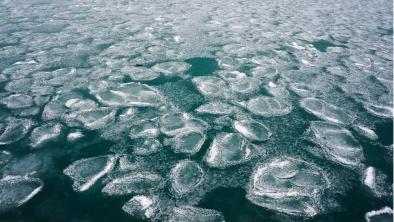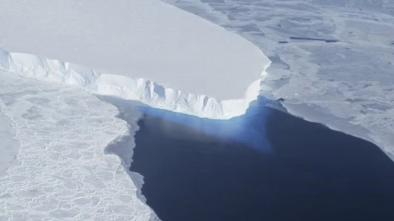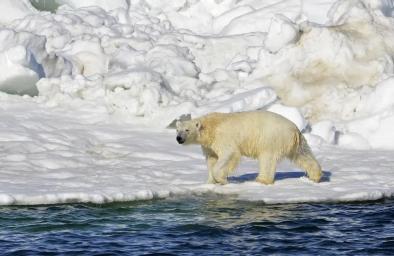America's Northernmost Town Won't See the Sun Until January, But It's On Pace For a Record Warm Year

Residents of America's northernmost town, Utqiaġvik, Alaska – formerly known as Barrow – watched the sun dip below the horizon for the final time in 2019 Monday, marking the beginning of its polar night, 65 consecutive days of near-darkness in this city north of the Arctic Circle.
The sun set Monday at 1:50 p.m. local time, and won't rise again in this town along the Arctic coast 500 miles northwest of Fairbanks until Jan. 23. Alaska Standard Time is four hours behind Eastern Standard Time.
...
It may be 330 miles north of the Arctic Circle, but record warmth has been the story this year on Alaska's North Slope.
Through Nov. 17, it has been the warmest year to date on record in Utqiaġvik, over 2 degrees Fahrenheit warmer than the same period three years ago, according to the Southeast Regional Climate Center.
The persistence of the warmth has been remarkable.
Through Nov. 18, Utqiaġvik has had 147 straight days warmer than average, according to data from the National Weather Service in Fairbanks, an extraordinarily long warm or cold streak. Its last cooler than average day was June 24.
Utqiaġvik had a record warm March, its record earliest in season high in the 70s (73 degrees on June 20), a record warm July and September. It had a high temperature reaching the freezing mark as late as Veterans Day, a time during which the average high is in the single digits.
This is representative of much of Alaska, which had its second warmest January-October period on record, according to NOAA.
The lack of sea ice contributed to the warmth this fall. That means more of the sun's energy is absorbed by the ocean, rather than reflected from ice cover. That, in turn, keeps the air above the sea warmer than it would be over ice.
Over the past several days, sea ice has finally begun to form closer to the North Slope coast from Utqiaġvik westward.
However, a large expanse of the Chukchi Sea northwest of Utqiaġvik remained ice-free, as of Nov. 18. That's the least mid-November ice extent in 40 years of records.
Related Content





